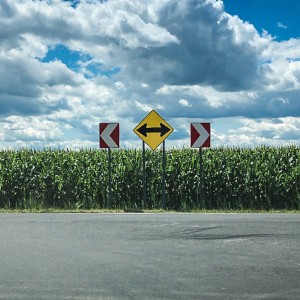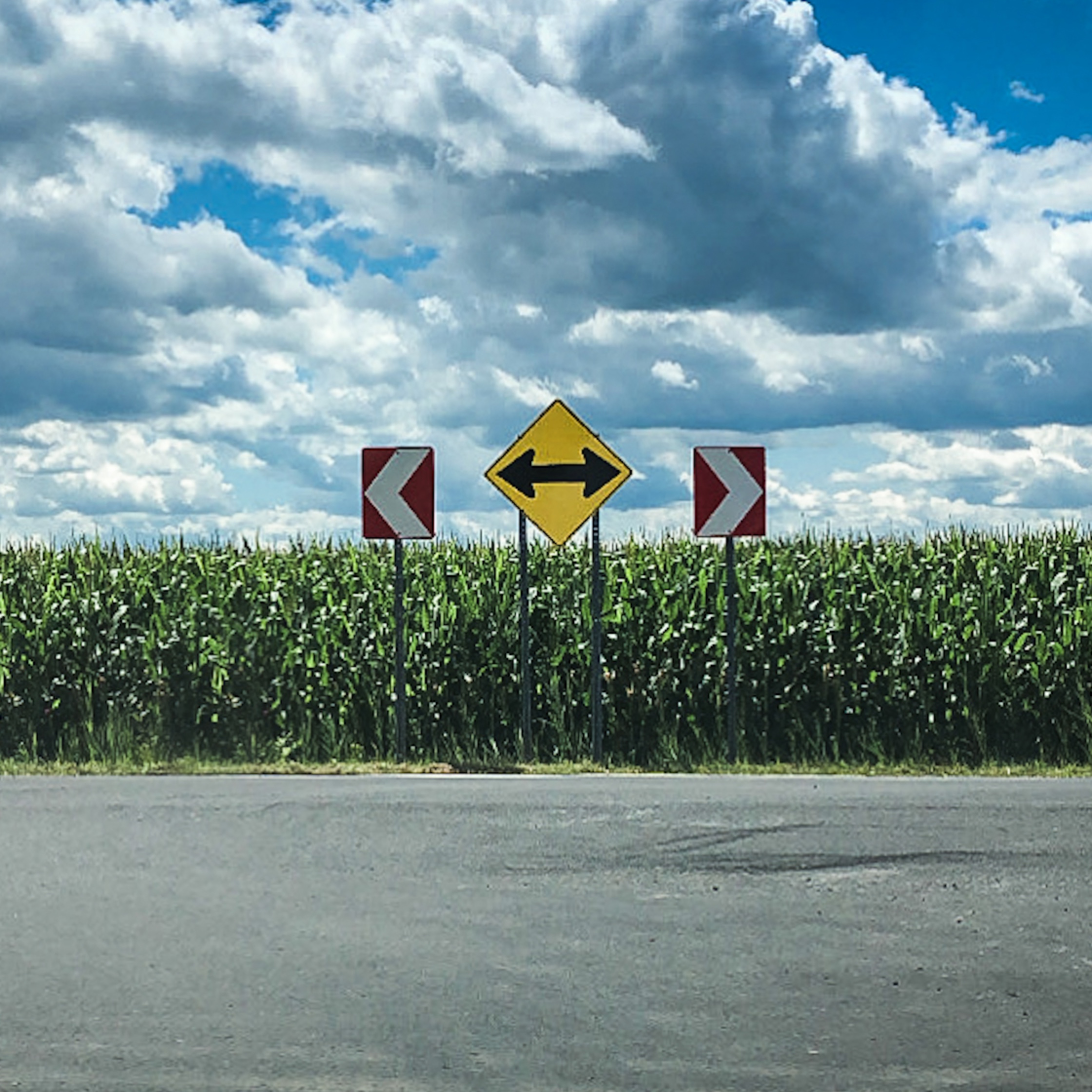Episodes

Tuesday May 19, 2020
Tuesday May 19, 2020
Every individual and industry is at a fork in the road. Our lives have been disrupted with very little notice. These are the covid19 lockdown podcast editions. These are the stories of people, sharing their experience & vision of how we can emerge better.
There is a subtle yet clear shift happening in our world. We all feel that the mistakes that have been made in relation to our planet, can somehow be revisited now and made right. Almost as though we can hit a reset button. It is overwhelming to think on such a large scale to bring about the changes that we all feel must be made to heal ourselves and our planet. Before we can heal our earth, we must reconnect and heal ourselves. Much of our healing must be done though our connection to our food and nutrition. The methods by which we produce food is presently broken. Our methods of farming are unsustainable and the health of our population is at risk due to chemical farming and depleted nutrients in our soils. The good news is that we can change this, and there are people like Erik Chevrier, who are inspiring many people to reconnect with their food and health. There is a new food revolution taking place, bringing food production locally, and maybe even in our own backyard.
Erik Chevrier is an accomplished professor, researcher, and social activist. He’s a PhD candidate, specializing in subjects such as, food and culture, political economy of inequality, community and local activism, and food sustainability; to name a few.
In this episode we discuss:
- The health benefits of natural whole food and how gardening benefits our physical and mental health.
- Collective gardens as a means to build communities.
- The myth that we need huge farms and large industries to feed the population. Much of the world is fed by small farms.
- Lack of biodiversity in our farming practices puts our food supply at risk.
- I ask Erik why biodiversity is so important.
- Agroecology as a cornerstone to sustainable farming practices to free us from GMO’s and chemical farming.
- Many large companies such as Cargill are major contributors to deforestation in order to make way for crops to feed livestock.
- The food industry can seem so big that we become lost in how to take charge of our relationship with food.
- Erik gives us ideas of how to get started with building a better relationship with food.
- We explore the topics of community sponsored agriculture, and supporting our local food networks.
You can connect with Erik on Facebook
https://www.facebook.com/erik.chevrier
or visit his website:


Comments (0)
To leave or reply to comments, please download free Podbean or
No Comments
To leave or reply to comments,
please download free Podbean App.